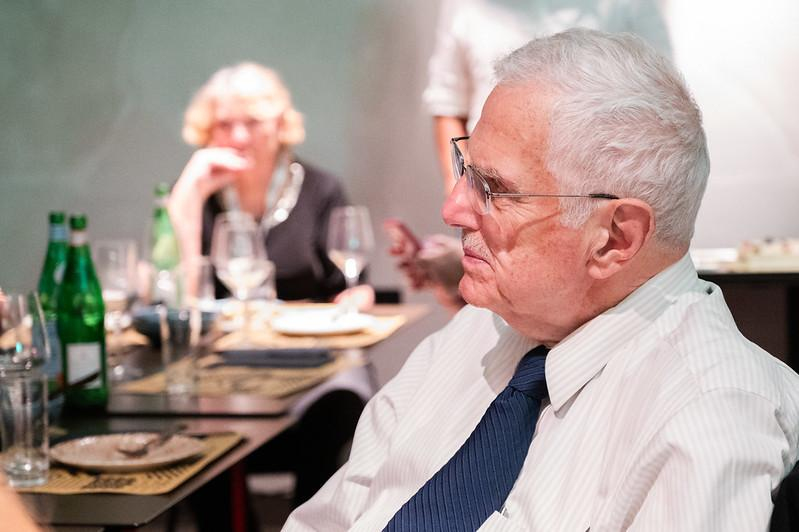A new website designed to provide sources for education on how the science community creates reliable knowledge has just been created by a team including a Fellow of TWAS.
The website is centred on a recent essay that describes science, its processes, and the basis of its credibility in clear terms, in order to counteract the rampant spread of misinformation in the digital age. Topics in science addressed by the essay range from medical science to climate change.

The authors’ aim is to help educators give students, focusing on age 12 through college, a clear understanding of how science works, and why evidence-based judgments are more credible than simple beliefs. The website also features a selection of high-quality teaching tools designed to enhance understanding of the scientific process and its reliability.
TWAS Fellow Bruce Alberts of the University of California, San Francisco, in the United States, is among the authors. He is also a former editor-in-chief of the journal Science and former president of the U.S. National Academy of Sciences. His colleagues on establishing both the essay and website are biochemist and podcaster Karen Hopkin and molecular biologist Keith Roberts.
“My colleagues and I are hoping that TWAS members will disseminate the link to our new website through your many networks,” said Alberts. “We also seek help for improvements. In particular, the site needs outstanding college-level exercises and curricula for teaching how the scientific community creates reliable knowledge. Suggestions, emailed to balberts@ucsf.edu, would be much appreciated!”
Sean Treacy

